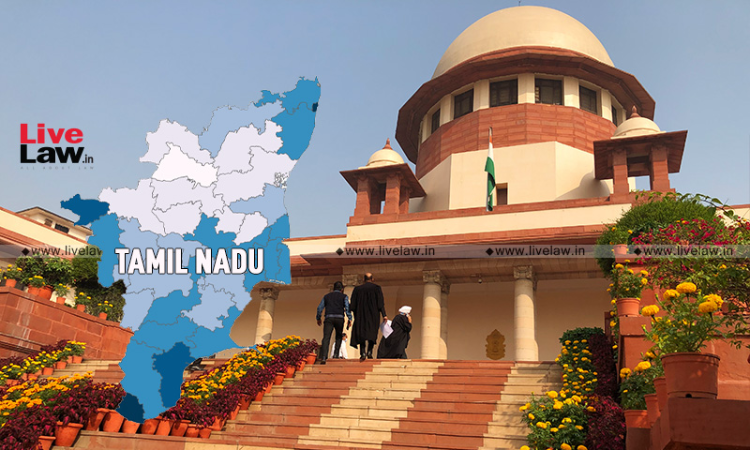On Wednesday, the Supreme Court, opined that the matter pertaining to challenge to the Madras High Court order quashing Tamil Nadu law ("2021 Act") that provided 10.5% reservation in education and jobs for the Vanniyar community did not involve any Constitutional interpretation and therefore, need not be referred to a Larger Bench.On the last date of hearing, a Bench comprising Justices...

